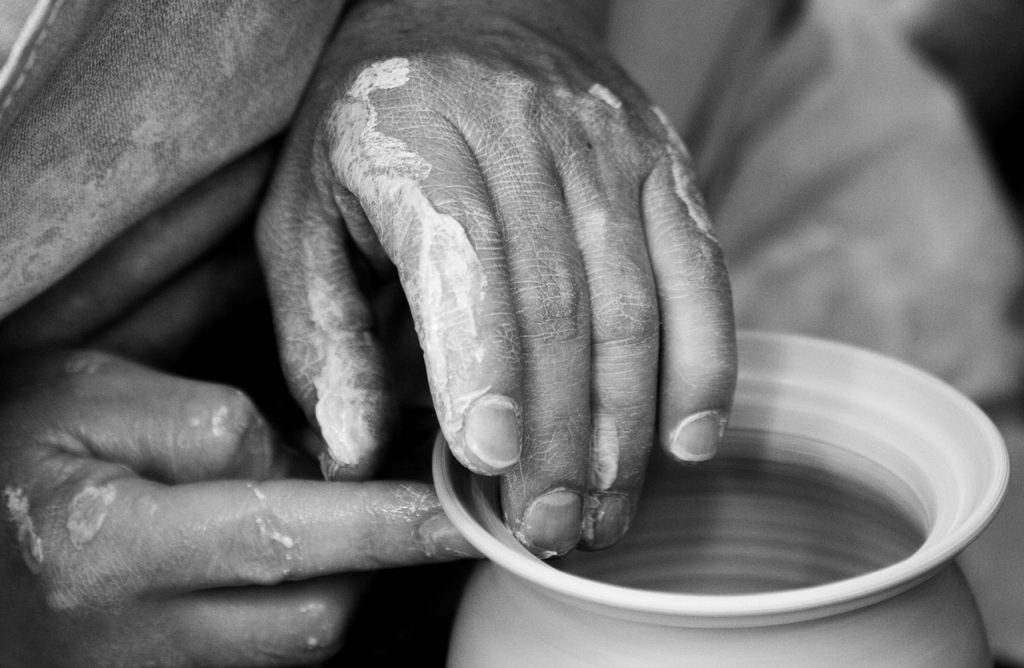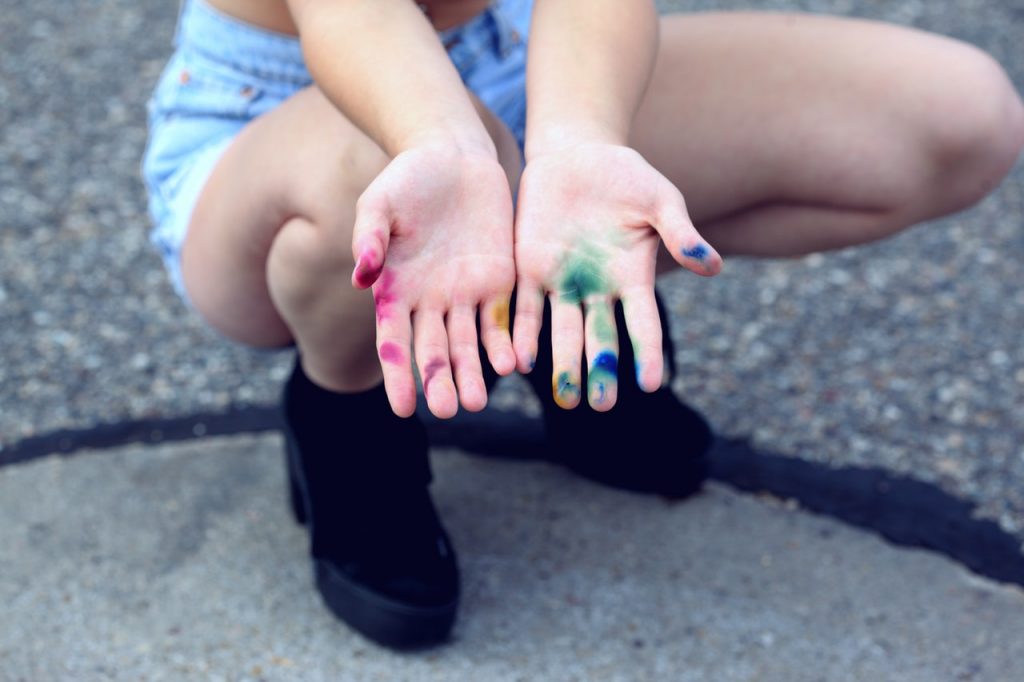By Li Enci
“Art does not have to be pretty, it has to be meaningful.”— Artist Duane Hanson
Being young is a tricky time, even in the best of circumstances. The challenges that youths face come in all shapes and sizes. Whether their troubles stem from a lack of affirmation, or the weight of their parents’ expectations, or a troubled home life, young persons can find it hard to navigate life’s ups and downs. Everyone has different ways of coping. More “resilient” youths may be able to “bounce back” relatively quickly after a setback. But others may not be able to deal with their stress and challenges positively. Without proper guidance or help, they tend to fall into unhelpful patterns of behaviour. In my observations, the problem is that most young people tend not to share their problems with others, either because they don’t want anyone to know they’re struggling, or because they believe asking for help will not solve their problem(s). Instead, they try to deal with their challenges using methods and solutions that are not helpful—even harmful—and come to develop dysfunctional behaviours.

Photo by Kobe Michael from Pexels
Therefore, those hoping to engage with and help troubled youth need to be creative in their approach. Enter the arts. Art can convey a multitude of expressions and interpretations, as well as hold different meanings for different individuals, depending on their experiences, thoughts and emotions. It is a non-threatening way for the youth to express their inner feelings, manage emotional and behavioural problems, cope with trauma and victimisation, develop artistic talents and skills, and improve strengths and assets they already possess.1 Those who feel like their lives are out of control may find relief in arts-based programmes and therapies. The interactive component in such activities provides them with the opportunity to form trusting relationships with prosocial adults—therapists, master artists or teachers—as well as derive a sense of accomplishment from creating an original product from start to finish. In the case of troubled youth, their works are a reflection of their personal thoughts, experiences and hard work, and a visual reminder of their journey of healing and rehabilitation.2

Photo by Kaique Rocha from Pexels
The Lutheran Community Care Services (LCCS) conducts an Arts Engagement Programme that equips young persons with skills in photography, ceramics, glass fusing, playback theatre and taiko drums. Through these courses, some of which are not widely available on the market, the youth have a safe space to hone a new craft, be part of a welcoming community, and can channel their energies into a creative outlet. In my work with the youth in arts-based programmes, I have observed many cases in which they surprised themselves and others with their perseverance and creativity, and gained tremendous confidence. Whether they expressed themselves through sound, visuals or movements, the arts gave them a voice to articulate emotions and life experiences that they found hard to put into words. The stories that they told through their works also allowed me, as well as my colleagues at LCCS, to empathise more deeply with them regarding their struggles. With a channel to convey abstract and deep emotions, young people can engage in the arts as a way to make sense of their experiences, learn more about themselves, and open their minds to new perspectives.3 At LCCS’s photography sessions, the youths are taught that it’s not just about pointing and clicking a button— they have to be aware of where their focus is, what do they capture, and what would they want to save or delete. In a sense, photography is also a mirror of their life experiences—what are some pictures they are retaining and others they are removing, and how do they add meaning to the individual?

Photo: Pexels

Photo: Pexels
The ceramics classes at LCCS also provide young persons with the experiential process of moulding unique shapes, firing clay, and learning how to transform a work, or shape something out of broken pieces. Pottery-making is reminiscent in many ways of the human struggle—overcoming various hardships that shape who we become, and in the process gaining resilience, courage and hope. Sometimes, our experiences can be so life-changing, we undergo a metamorphosis of sorts, just like how clay, when put through high-intensity heat, changes its properties and transforms into an entirely new object.
“Nobody cares how much you know until they know how much you care.” —Theodore Roosevelt

Photo by Sharon McCutcheon from Pexels
The arts bring new opportunities and prospects in engaging youths. If we can find more ways to engage them in arts-based programmes, more may come to uncover their full potential.
Notes
1 Heather J. Clawson and Kathleen Coolbaugh, The YouthARTS Development Project (Washington, DC: US Department of Justice, Office of Justice Programs, Office of Juvenile Justice and Delinquency Prevention, 2001); Shirley Riley, “Art Therapy with Adolescents”, Western Journal of Medicine 175, 1 (2001): 54–7. 2 Cheryl Vise, Building Resiliency in At-Risk Youth Using Art Therapy (Madison, WI: University of Wisconsin-Superior, 2012). 3 Alexandra Djurichkovic, ‘Art in Prisons’: A Literature Review of the Philosophies and Impacts of Visual Arts Programs for Correctional Populations. (Broadway, NSW: UTS ePress, 2011).
Lutheran Community Care Services Ltd (LCCS) was established in 2002 to serve families, children and youths-at-risk through developmental, preventive and intervention work. They provide counselling work, family intervention, life skills workshops and enrichment programmes. An Institution of a Public Character (IPC), they serve the community-at-large regardless of race, language or religion. LCCS engages in restorative conversations with their service users and their families, and hopes to help more people understand the impact of words, actions and behaviours on the wider community. It has been an affiliated partner of the International Institute for Restorative Practices (IIRP) since 21 March 2013.
Banner photo by Brett Sayles from Pexels
 |
Li Enci is a senior social worker with Lutheran Community Care Services (LCCS), and works mainly with youths and their families. She is also a clinical supervisor for associate social workers at LCCS. Enci loves art and music, and has been promoting their integration in various interventions. Prior to joining LCCS, she worked at the Children’s Cancer Foundation and a family service centre. Enci can be reached at enci.li@lccs.org.sg |








Comments